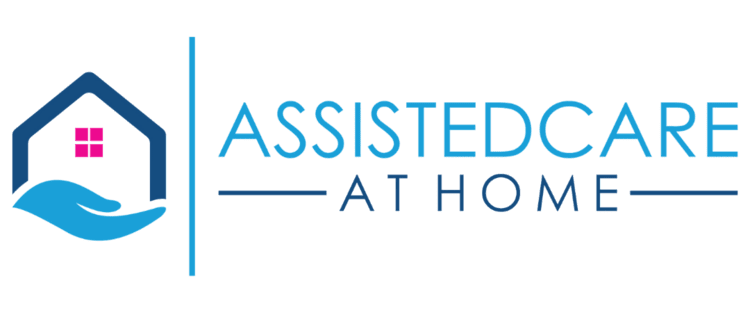
In operation since 1996, AssistedCare at Home is a locally owned and operated provider of home and community-based healthcare in Southeastern North Carolina. AssistedCare offers private pay and Medicaid/Medicare patients a variety of home care and behavioral health care enabling them to recover or maintain an independent lifestyle in their home.
The Opportunity
To expand its footprint outside of Southeastern North Carolina, AssistedCare understood it needed to continue achieving high standards in its patient care processes and outcomes. This was only possible with continuous quality monitoring and process improvement, which required financial investments in health information technology and telehealth capabilities. Because home health agency payments in North Carolina did not adequately cover costs, it challenged AssistedCare to continue making needed investments in its care delivery.
While AssistedCare had requested rate increases from Medicare Advantage plan contractors year over year, these requests had gone unanswered. AssistedCare needed a new approach to engage and negotiate with the Medicare Advantage plan.
Goals
AssistedCare’s goal was to successfully negotiate a rate increase with its contracted Medicare Advantage plan and make a case for itself as a preferred partner as payers continue to shift utilization from high-cost facility-based care to the community.
Approach
Based on its experience working with health plans, Atrómitos developed a letter proposal, supported by market intelligence and quality data, for AssistedCare to leverage in its negotiations with health plans.
Results
Healthcare payers are constantly receiving requests for rate increases. Atrómitos knew that the letter proposal had to make a solid case for how the rate increase would ensure the home care provider could continue to serve its patients and help the payer achieve its goals. For Medicare Advantage (MA) plans, that means reducing the cost of care, achieving quality benchmarks, and increasing the percentage of payments under value-based care arrangements.
As we tell all our clients when negotiating a contract or the terms of any agreement, you must be mindful of the individual interests of the party you are negotiating with.
At the project’s outset, Atrómitos engaged with AssistedCare leadership to understand its role in the marketplace, including its service delivery capabilities and ability to meet quality benchmarks and improve patient outcomes. With this intelligence, Atrómitos leveraged its knowledge of home care and community-based care to gather critical data supporting the premise that quality home care reduces costs and improves outcomes.
Atrómitos developed a proposal that not only made a case for AssistedCare’s services leading to improved outcomes and reduced costs but also included a commitment that the rate increase would prepare AssistedCare for engaging in a value-based care arrangement with the plan. This strategy would ensure that AssistedCare was negotiating from a position of strength by demonstrating its short-term and long-term value to the plan.
Conclusion
Atrómitos’ research and expertise enabled AssistedCare to negotiate a rate increase successfully, and the drafted letter proposal could be utilized in future negotiations with other Medicare Advantage plans. Additionally, through the process, Atrómitos helped AssistedCare define its value proposition as a quality home care provider.
Furthermore, Atrómitos’ guidance on how AssistedCare’s value proposition could be expanded to include a commitment to engage with MA plans in their efforts to increase value-based payment arrangements provided strategic direction for the company as it sought to establish AssistedCare as a preferred provider.
